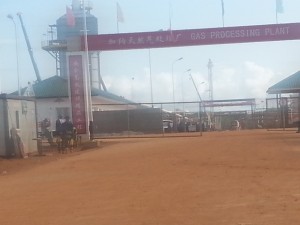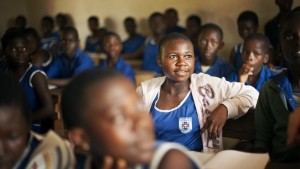Researching the politics of development
Blog

Taking our research findings to Ghana

Kojo Asante
29 March 2016
Next week we are excited to be visiting Ghana to disseminate our research to partners, policy makers, academics and the general public. The timing of this trip has been arranged in part to ensure our findings and messages enter into academic and civil society debates ahead of these audiences playing a role in the next election. Election manifestoes will be put together in June-July, in time for the start of campaigns from September onwards and we want to make sure our findings can influence policy. 
Since ESID started its work in Ghana in around 2012, there have been some significant developments that make the need for our research even more pressing. The most significant of these have been the deepening macro-economic and energy crises and the return of the IMF with a new austerity programme.
The three-year $918 million IMF extended credit facility to Ghana is aimed at fiscal consolidation (by restraining the wage bill, general spending and to restore debt sustainability); and reforming the management of public finances (through wage control, cleaning up the payroll, improving revenue collection, among others). So far the IMF has disbursed $343.7 million.
Ghana’s prospects for achieving inclusive development also continue to be closely shaped by its political settlement and the way in which this shapes and interacts with specific policy domains. Ghana’s ‘competitive clientelist’ settlement combines closely fought multi-party politics with patron-client politics. The winner-takes-all nature of its political system and the perennial threat of losing power generates strong incentives for ruling elites to adopt short-term measures aimed at securing power. 
This tends to undermine the emergence of rules-based forms of governance, leads to the politicisation of the public bureaucracy and weakens the resolve and capacity required to undertake difficult institutional reforms. Our findings strongly suggest that this form of politics closely shapes how successive governments will approach governing the economy and allocating resources and rights to citizens.
If the political settlement is the problem, what if anything can be done to alter this? This is a very problematic area, and there is little strong evidence available on how, or in relation to which drivers, political settlement transitions occur.
On balance, our analysis suggests that the entrenched nature of competitive clientelism makes the political routes somewhat less promising than the political economy routes to better governance, although external actors could certainly do more to help promote active public debates around alternative political futures in Ghana.
Our new research briefings on the four themes of Structural Transformation, Natural Resources, Health and Education in Ghana outline our key findings and policy recommendations. These could help protect development prospects in Ghana from the worst excesses of its current political settlement.
See Briefings on Ghana
Watch this space for more from Ghana
